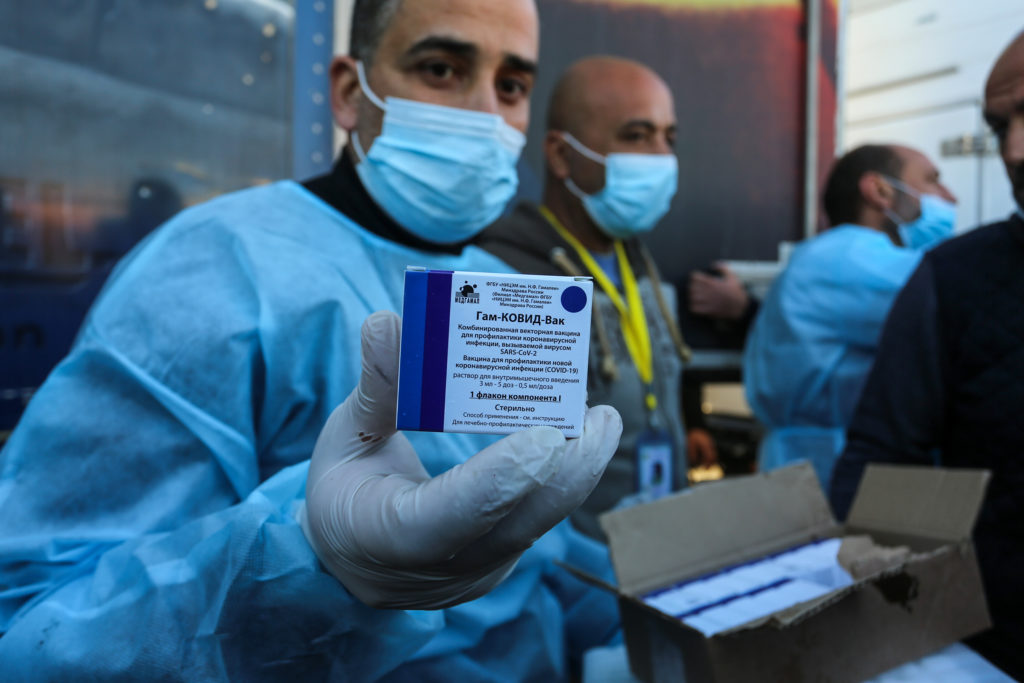Prime Minister Benjamin Netanyahu froze his plan to send doses of the COVID-19 vaccine to countries friendly to Israel on Thursday, following questions of its legality, as he vigorously defended his handling of the coronavirus pandemic.
“I said at the beginning of the pandemic that there would be thousands of people dead – people mocked me,” Netanyahu said in an interview with Channel 13. “To my dismay, this is what happened.”
He defended the country’s high death rate – there were 5,685 people who succumbed to COVID-19 as of press time on Thursday – saying that the pandemic has been globally fatal.
“Other nations sustained greater damage,” he said. “Thirty world leaders have called and every one of them has said, ‘We tip our hats to you.’”
The interview took place within hours of a decision by Attorney-General Avichai Mandelblit to ask National Security Adviser Meir Ben-Shabbat for more details about the initiative to supply foreign countries with vaccines, out of a concern that there may be a petition against it to the High Court of Justice.
Ben-Shabbat decided to delay shipment of the vaccines until he receives Mandelblit’s legal opinion on the matter.
An official in the Prime Minister’s Office said that “even though not one vaccine was taken from the citizens of Israel and despite the fact that the amount [planned to be sent] to the countries is symbolic and builds a good name for Israel in the world, a pre-petition arose that had the attorney-general turn to the national security adviser, and as such, the national security adviser asked the attorney-general for an opinion on the matter.”
